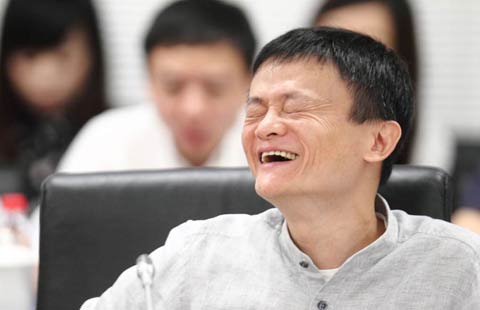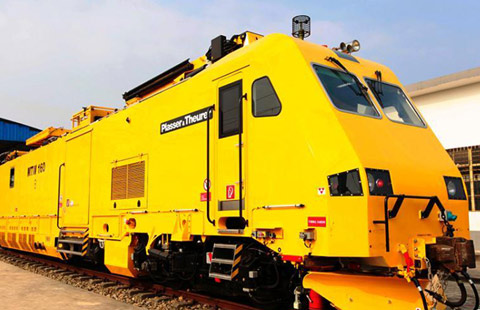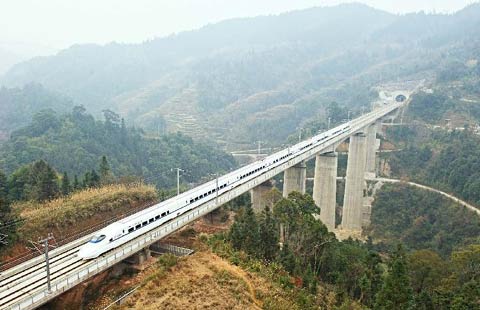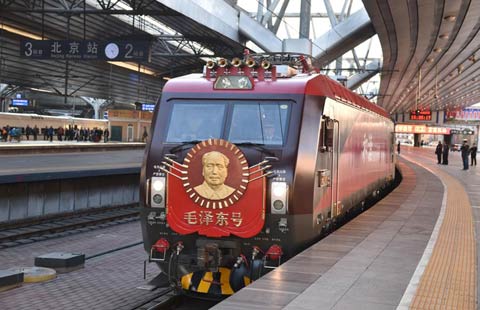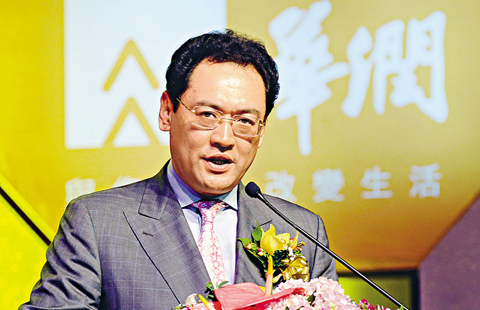Govt targets 6% trade growth next year
By Zhong Nan (China Daily) Updated: 2014-12-29 04:11
 |
|
A businessman from Ghana promotes his products during an expo in Nanning in the Guangxi Zhuang autonomous region. [Photo/Xinhua] |
Businesses encouraged to develop new competitive edges, commerce minister says
China has set a growth target for foreign trade at 6 percent for next year, down from about 7.5 percent in 2014.
Commerce Minister Gao Hucheng said on Sunday that the ministry's main tasks next year will be stabilizing external demand, improving the quality of high-end manufacturing and adjusting the industrial structure.
"As other developing economies such as India and Vietnam pose a greater challenge for Chinese businesses in developed markets, especially in the field of low-end manufacturing, exporters in China will be encouraged to develop new competitive edges through building brands, overseas acquisition, better services, research centers and global sales networks," said Gao.
Ren Hongbin, executive vice-president of the Beijing-based Chinese Academy of International Trade and Economic Cooperation, the ministry's think tank, said this is a prudent move amid a challenging external environment and growing efforts to expand domestic demand.
China's export growth slowed in November while imports unexpectedly contracted, raising pressure on government to introduce more stimulus measures.
Even though the country's exports rose by 4.7 percent year-on-year to $211.6 billion in November, the growth rate decelerated compared with October's 11.6 percent and 15.3 percent in September, according to the General Administration of Customs.
The sluggish world economy, particularly in the European Union, Japan, Russia and Brazil, have reduced demand for Chinese exports, while weak domestic demand accounted for shrinking imports.
However, the think tank forecast growth of 10 percent next year for service exports, including engineering, construction, tourism, information and communication technologies, which have become new engines of growth for the Chinese economy over the past three years.
Gao said the development of the Silk Road Economic Belt and 21st Century Maritime Silk Road has enhanced partnerships with various African nations, and new free trade zones in Tianjin, Guangdong and Fujian will become growth points to enrich exports in 2015.
Gu Xuebin, a senior researcher at CAITEC, said: "The 6 percent target for foreign trade growth can certainly be reached with flexible trade policies. China is already the world's biggest exporter but it is losing its advantage of cheap labor, and industrial upgrading demands improvement in workers' productivity and skills".
The deterioration of global demand caused by political and currency chaos between the West and Russia, low employment rates in developing and developed nations, as well as dropping international crude oil and commodity prices, have prompted China to realize that it must carry out economic restructuring to upgrade the nation's manufacturing system.
Wang Haifeng, a researcher with the Institute for International Economic Research at the National Development and Reform Commission, said that as China's exports no longer focus on shoes and toys, products such as bullet trains, fine machinery and offshore engineering will have plenty of opportunities in 2015.
- Beijing linking up with talent on LinkedIn
- Shanghai launches FTZ equity investment fund
- Volkswagen festival and track racing event promotes motor sport culture
- Downturn is no barrier for Bentley
- China's building materials sector continues to slow
- Michelin's 'Green Paper' from Chengdu on challenges ahead
- Conference will imagine future of the car industry
- Slowing growth for auto imports

